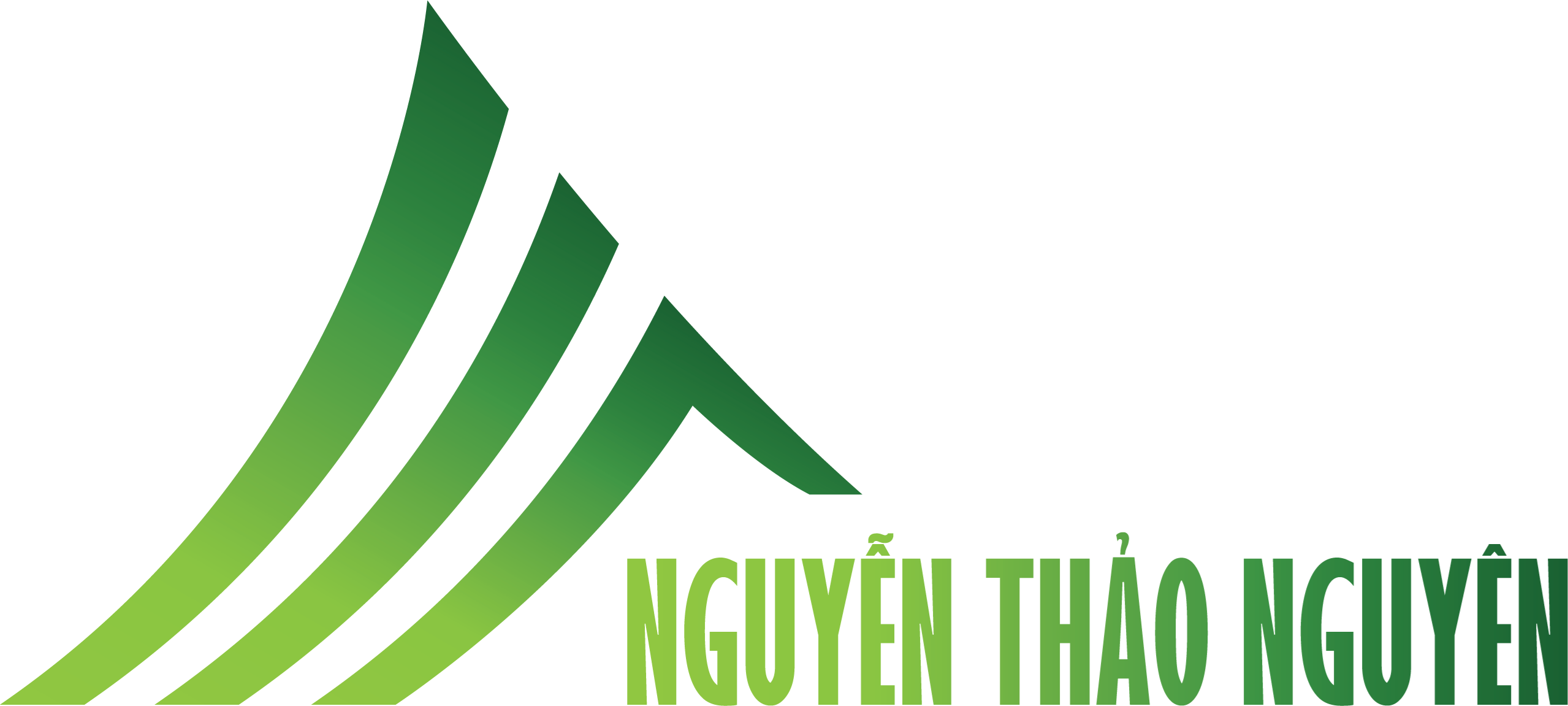I. Training objectives:
1.1 Training objectives:
General objectives:
To equip students with the ability to forecast, and model financial processes based on self-study capacity as well as management of investment projects in credit institutions, investment companies, insurance companies insurance and professional organizations, as well as developing skills to explore and grasp financial laws on their own, collecting methods and techniques for analysis.
Detail objectives:
PO 1: Applying basic knowledge, foundations, and specializations in the field of finance.
PO 2: Developing professional skills, analysis, problem solving, creative thinking, systematic application of knowledge in work, research, and management practices.
PO 3: Developing and effectively use communication, teamwork, and self-study skills to work, study, and research in finance.
PO 4: Developing the ability to grasp social needs, fulfill social responsibilities, professional ethics, and conduct lifelong learning.
1.2 Program learning outcomes(PLOs)
1.2.1. KNOWLEDGE
General knowledges:
PLO 1: Applying knowledge comprehensivelyon natural sciences, politics, society, and to the financial sector.
Professional knowledges
PLO 2: Applying financial theories to support managers in decision making.
PLO 3: Analyzing the differences of Vietnamese and international financial systems to apply for corporate and foreign financial management.
PLO 4: Composing and analyzing financial statements, investment activities, and business activities of enterprises.
PLO 5: Assessing corporate financial risks and propose specific risk management options
1.2.2. SKILLS
Generic skills
PLO 6: Developing leadership role in operating businesses, people, and other resources.
PLO 7: Applying reasoning and systematic thinking; work independently, work in teams and solve problems effectively.
PLO 8: Developing good communication, presentation, and writing skills.
PLO 9: Using fluently foreign languages and information technology for professional works.
Professional skills
PLO 10: Conducting and analyzing statistical and financial data to support decision making.
PLO 11: Mastering the use of software to support professional activities.
PLO 12: Applying financial instruments to: prepare financial statements, portfolios, project appraisals, risk management, and credit assessments.
1.2.3. ATTITUDE
Awareness
PLO 13: Complying with laws, and maintaining a sense of responsibility for work, the society, and the community.
Attitudes
PLO 14: Self-improving professional knowledge,and professional ethics.
PLO 15: Self-studying and enhancing lifelong learning.
1.3 Correlation between training objectives and program learning outcomes
Table 1. Standard classification of the training program of Financial Management
|
POs |
PLOs |
||||||||||||||
|
01 |
02 |
03 |
04 |
05 |
06 |
07 |
08 |
09 |
10 |
11 |
12 |
13 |
14 |
15 |
|
|
01 |
1 |
2 |
2 |
2 |
2 |
|
|
|
|
|
|
|
|
|
|
|
02 |
|
|
|
|
|
|
|
|
|
4 |
4 |
4 |
|
|
|
|
03 |
|
|
|
|
|
3 |
3 |
3 |
3 |
|
|
|
|
|
|
|
04 |
|
|
|
|
|
|
|
|
|
|
|
|
6 |
6 |
6 |
PLOs:Program Learning Outcomes
POs: Program Objectives
Note:
1: General knowledges
2: Professional knowledges
3: General skills
4: Professional skills
5: Awareness
6: Attitudes
Page count: 4433
Created : 03-10-2019
Last modify: 07-12-2019







